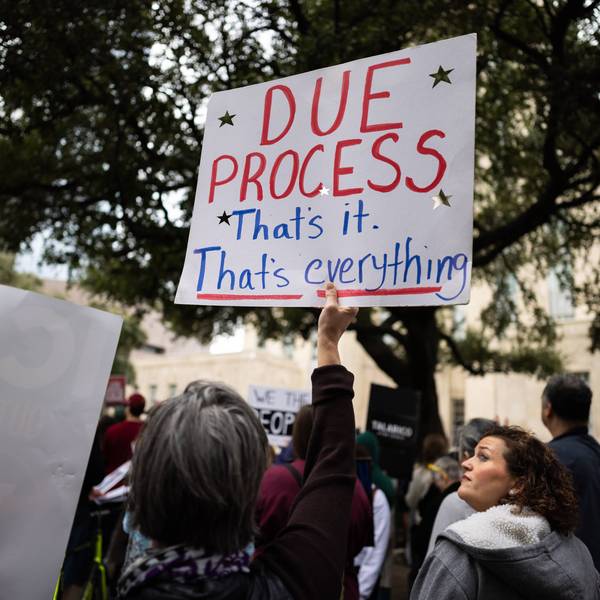Luis Zavala knew something had gone wrong when he saw the gun pointed at him.
The 45-year-old construction worker in Louisiana, and about two dozen others in his crew, had gathered in the small town of Kenner, on the outskirts of New Orleans, where he believed they were about to be given unpaid wages owed by their boss.
The move was set to bring an end to a bitter dispute, and their employer had told them to gather at a car park in front of an apartment complex. But instead of meeting him, they were surrounded by armed police and officers from Immigrations and Customs Enforcement.
Zavala, who was waiting in his car when the violent raid began, found himself dragged outside his vehicle, cuffed and laid out on the ground. "They came very aggressively, with their guns pointed. They threw me on the floor. They put their foot on my back. It was very terrifying," Zavala told the Guardian.
Zavala and his colleagues had just run up against a brutal truth that affects more than 11 million undocumented migrants who work in the shadowy low-wage depths of the American economy: speaking up against an employer who abuses you can get you arrested and deported.
Millions of workers like Zavala toil in industries like construction, casual day labour, agriculture or the food industry across America and, as Zavala and many others have found, standing up and complaining can result in an employer reporting them to the immigration authorities.
Read the full story at The Guardian.



